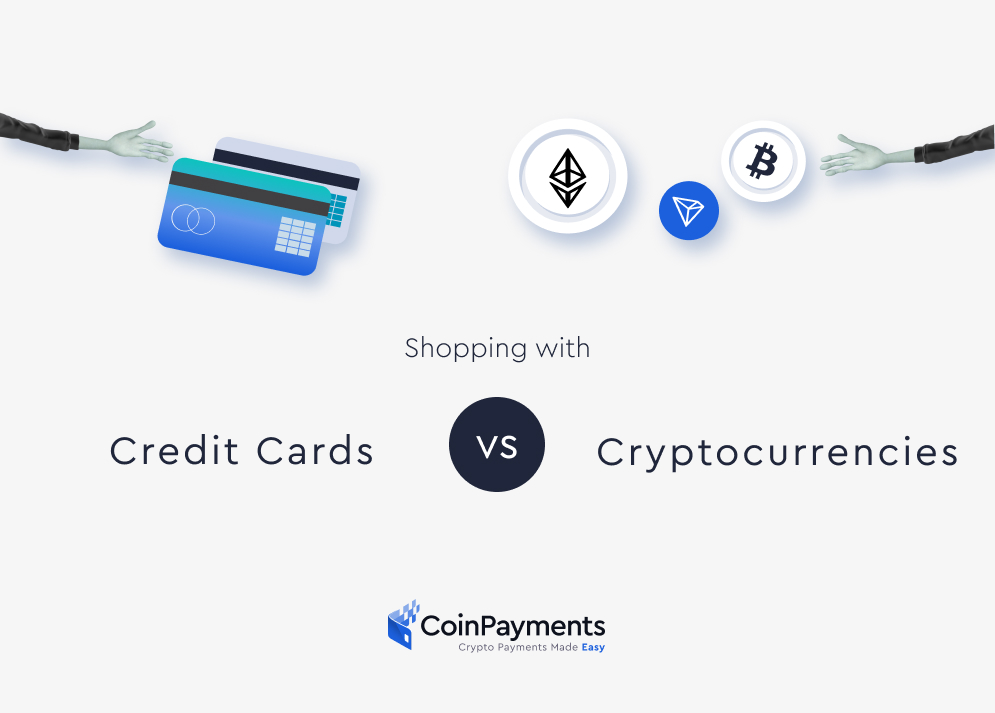
The payment landscape is currently experiencing intense transformation, and consumer behavior is evolving accordingly, accelerated by the fallout of a global pandemic that forced us all to reevaluate the way we interact and transact. Industries of all kinds have worked hard to adapt, but the service and commerce industries especially have found themselves at a crossroads.
The predicament they face is how to make calculated decisions that will help them simultaneously retain their existing customers and attract new ones. This can be particularly difficult in a rapidly changing environment, making it important to implement solutions that are both efficient and flexible. Accepting new payment methods is one approach that can help businesses achieve these goals without having to change their core products.
“69% of all e-commerce visitors abandon their shopping cart,” according to a study by the Baymard Institute. Facilitating the user experience all the way to the shopping cart is hard work. It may seem like it’s even harder to get them to cross that finish line; but it’s not. One way to do so is to consider how ineffective traditional payments have been, and how expanding payment options can help businesses enhance their overall customer experience.
Credit cards, friendly fraud, and everything in between
Before credit cards became a staple in our wallets, there was significant resistance to the transition away from cash and cheques. However, as time progressed and the world became more digitally connected, credit card adoption rates went up. Today, these cards have become so pervasive that over one billion credit card transactions are conducted every day, according to recent studies.
While at first glance, credit cards may have seemed to provide a simple and futuristic solution to the limitations of paper currency, it is critical to understand that this solution introduced an entirely new issue. Not only for cardholders, who are now subject to increased liability and the anxiety of maintaining good credit scores, but for businesses too.
In accepting credit card payments, businesses are required to work alongside acquiring banks, who primarily process payments on behalf of the merchant. Two other major players involved in the payment process, however, are networks like Visa and Mastercard as well as card-issuing banks, who deal directly with the consumer.
When a business accepts a credit card payment for their product or service, they become subject to interchange fees set by the networks and paid to the issuing banks. Interchange fees vary for every business, but the average rate is around 2% of every transaction. These deductions can be especially cost-consuming for small businesses.
Merchants are also negatively impacted by chargebacks, which are forced reversals of transactions conducted by issuing banks. Chargebacks can be initiated at the request of the cardholder, intended to serve as consumer protection mechanisms against faulty merchants, however it is hard to difficult to determine when they are used as a means for fraud.
And, speaking of fraud, when it comes to fraudulent credit card payments, merchants are at risk of being held accountable for any fraud that occurs on their systems. For “card-present” transactions, issuing banks will typically assume responsibility, but in the absence of a physical card, it is more likely that the burden will fall on merchants. In the age of e-commerce, this isn’t a risk worth taking.
Crypto accepted here: how crypto payments can benefit merchants
The rising tide of cryptocurrency adoption in recent months has contributed to an increase in merchants looking for practical methods to accept these digital assets as payment for their products and services. With tech giants like SpaceX and Microsoft adding cryptocurrency to their payment options, understanding some of the motivating factors behind these decisions can underscore why businesses should consider following in their footsteps.
Cryptocurrency transactions are recorded on a publicly visible ledger, better known as blockchain. These digital transactions are verifiable, secure, and instant, representing some of the most notable benefits of decentralized finance. There are no acquiring or issuing banks, but rather cryptology (the mathematical application of algorithmic formulas) serving as the “regulatory force.”
For businesses accepting these assets as payment, there are additional qualities of cryptocurrencies that are positive. For one, they are immutable, meaning they cannot be altered, manipulated, or reversed. This aspect eliminates the risks associated with fraudulent chargebacks, giving merchants, rather than issuing banks, the final authority on whether to ‘refund’ a consumer.
Additionally, processing fees are significantly lower when it comes to cryptocurrency payments, as it cuts the need for various intermediaries. Accepting cryptocurrency through CoinPayments will only cost 0.5% of the transaction in comparison to the nearly 2% rate for credit card payments. In terms of cost-efficiency, this aspect can make all the difference for small and large businesses alike.
Another powerful feature of cryptocurrency payments is that they are borderless, making it possible for businesses to expand their audience and make their products accessible to every consumer in the world, regardless of where they are. With fiat currency, the additional cost of conversion fees can be a major deterrent for international consumers.
Businesses need to consider adding cryptocurrency to their accepted payment methods for one more reason: blockchain is shaping up to be the payment rail of the future. The merchants that continue to resist adapting alongside the modern financial system are also resisting growth. The early adopters, on the other hand, are in a unique position to amplify their role in the future of commerce.
Stay ahead of the curve; accept crypto payments with CoinPayments today.



